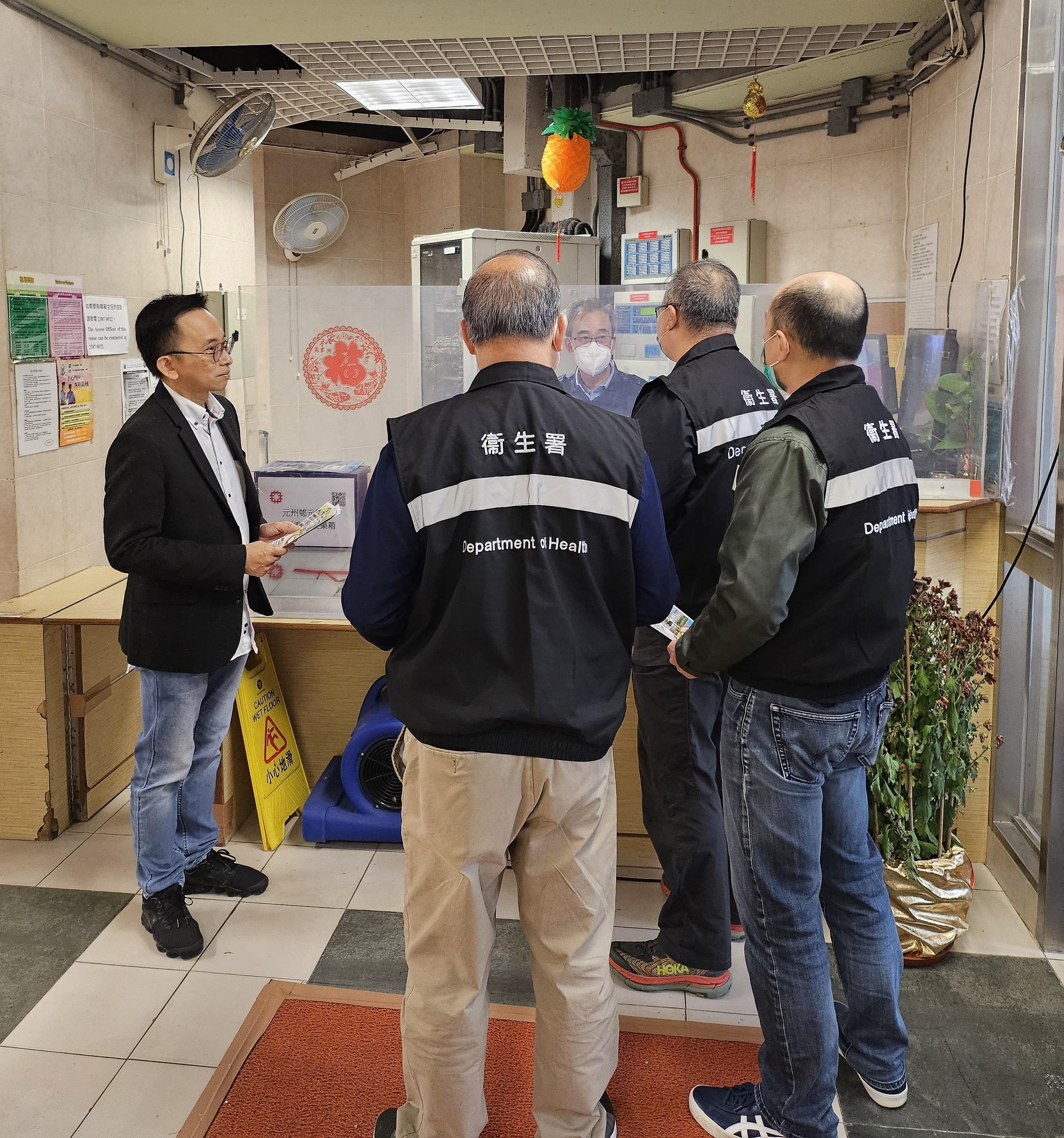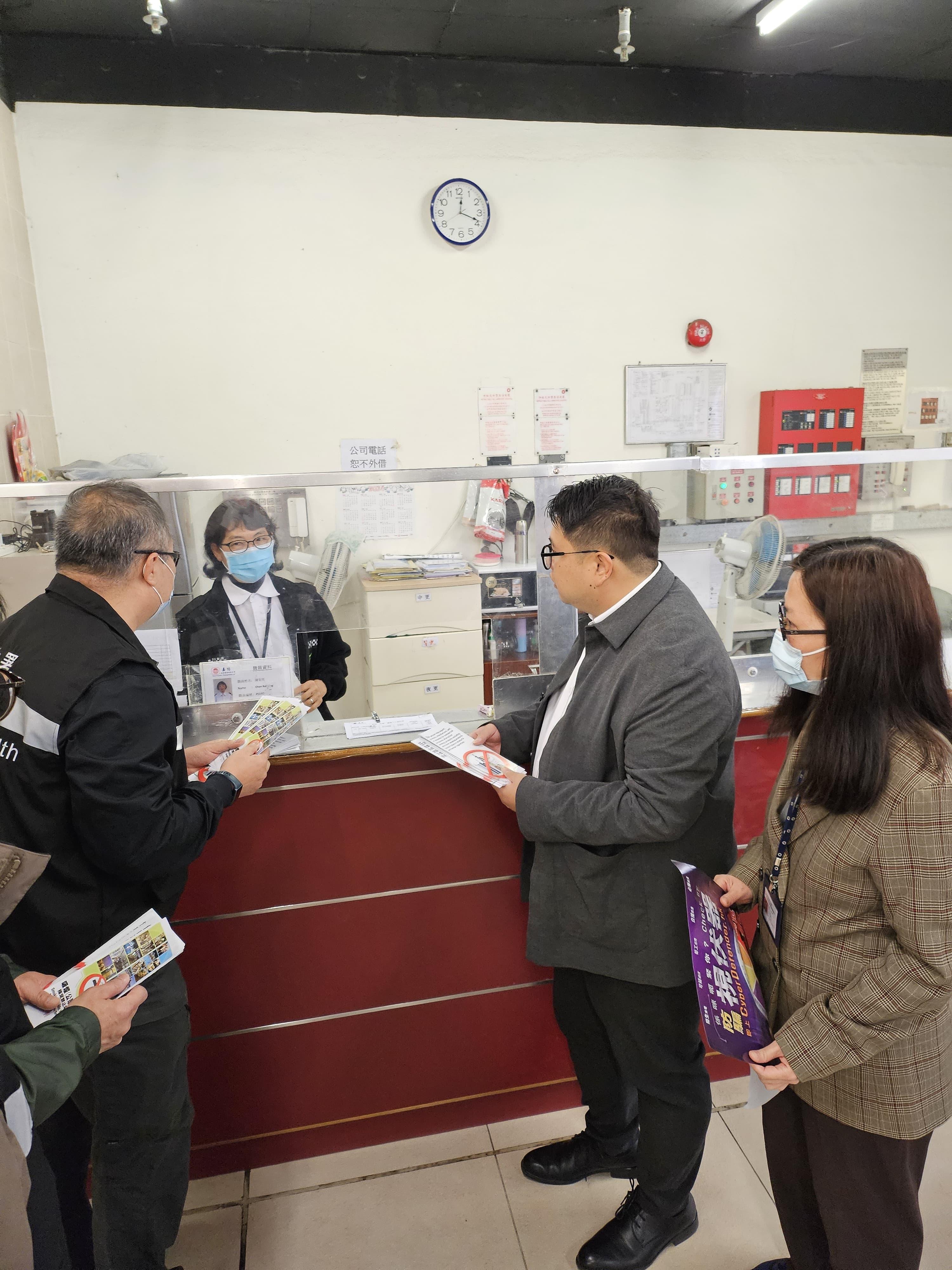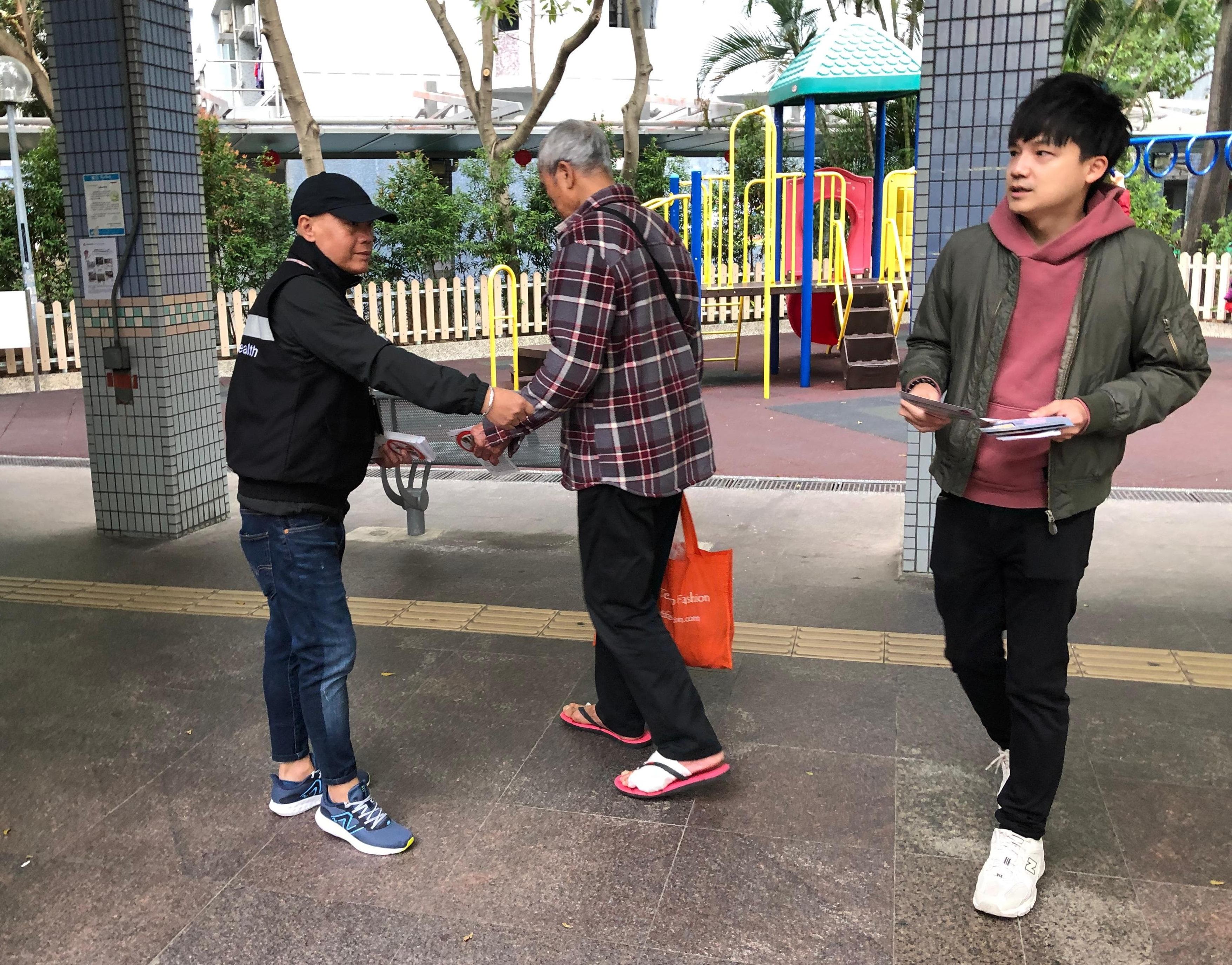Following is a question by the Hon Chan Yung and a written reply by the Secretary for Environment and Ecology, Mr Tse Chin-wan, in the Legislative Council today (February 28):
Question:
According to the waste statistics for 2021 published by the Environmental Protection Department (EPD), the quantity of waste textiles disposed of at landfills was 404 tonnes on average per day, accounting for 3.6 per cent of the total quantity of municipal solid waste (MSW), and the quantity of textiles accounted for less than 1 per cent of the quantity of recyclables recovered from MSW. On the other hand, the Home Affairs Department (HAD) has since 2006 implemented the Community Used Clothes Recycling Bank Scheme (the Scheme), which aims at facilitating members of the public to make use of the Community Used Clothes Recycling Banks to donate used clothes in support of environmental protection and for charitable purposes. In this connection, will the Government inform this Council:
(1) of the quantity of waste textiles recovered through the Scheme in the past three years, and its percentage in the total quantity of waste textiles recovered;
(2) whether it has compiled statistics on the quantity of waste textiles recovered from the Community Used Clothes Recycling Banks in the 18 districts in Hong Kong; if so, of the details;
(3) as there are views pointing out that the rise of "fast fashion" has led to a decline in the quality of clothing, resulting in nearly 70 per cent of the used clothes recovered at present being waste, of the corresponding measures put in place by EPD to recover and recycle used clothes;
(4) of the total number of clothing recovery and recycling contractors in Hong Kong at present; whether it knows the main recycling methods adopted by these contractors;
(5) whether EPD has set targets for the quantity of waste textiles reduced, their recovery rate and recycling rate; if so, whether it will put in place new measures to encourage community-wide participation in the recovery of waste textiles; and
(6) whether HAD has considered enhancing the Scheme by, for example, installing smart devices in the Community Used Clothes Recycling Banks, so that the quantity of clothing recovered in the recycling banks can be displayed in real time on a one-stop website, with a view to making it more convenient for members of the public to use the recycling banks?
Reply:
President,
The policy of the Government is to promote waste reduction and recycling in the most cost-effective way, thereby alleviating the burden on landfills and promoting the development of circular economy. According to market principles, the recycling trade has been proactively collecting and recycling recyclables with stable market value (such as metals). The priority of Government’s measures will be accorded to the treatment of two types of wastes, including (a) wastes of relatively large quantities but with low recycling value and high recycling costs (such as waste plastics and food waste), and (b) wastes containing hazardous substances, posing hazards to the environment and human health (such as waste electrical and electronic equipment). When considering options for specific measures, we will, at the same time, also consider converting waste into energy, instead of remanufacturing, to enhance the cost-effectiveness of recycling.
Among the municipal solid waste (MSW) generated in Hong Kong, food waste, waste plastics and waste paper account for over 70 per cent of the total quantity, while waste textiles account for about 3 per cent. Based on the above policy principle, the Environmental Protection Department (EPD) provides central collection services for waste plastics, waste paper, waste glass containers and food waste. In addition, GREEN@COMMUNITY, the community recycling network under the EPD, collects nine common types of recyclables which are more difficult to reuse, including plastics, waste paper, metals, glass containers, small electrical appliances, regulated electrical equipment, fluorescent lamps/tubes, rechargeable batteries and beverage cartons, and delivers them to downstream recyclers for proper treatment, export or local recycling.
For waste textiles, there are various non-profit making organisations, social enterprises and commercial organisations in the community collecting waste textiles for resale or export. The Home Affairs Department (HAD) has launched the Community Used Clothes Recycling Bank Scheme (the Scheme) since 2006. The participating non-governmental organisations operate the Community Used Clothes Recycling Banks to collect used clothes donated by the public regularly. At present, the four Scheme Managers of the Scheme are Friends of the Earth (Hong Kong), Christian Action, the Salvation Army and the Conservancy Association. A total of 187 Community Used Clothes Recycling Banks are placed at appropriate locations in all districts across the territory. All of the used clothes collected and the revenue generated from their sale have to be used for charitable purposes.
In consultation with the HAD, the reply to the question raised by the Hon Chan Yung is as follows:
(1) and (2) The four Scheme Mangers of the Scheme (namely Friends of the Earth (Hong Kong), Christian Action, the Salvation Army and the Conservancy Association) operate and manage the Community Used Clothes Recycling Banks at designated districts respectively. In the past three years, the quantities of used clothes collected in the different districts by the Scheme Managers are tabulated below:
| Scheme Manager |
District |
Quantity of used clothes collected
(in tonnes) |
| 2021 |
2022 |
2023 |
| Friends of the Earth (Hong Kong) |
Central & Western
Eastern
Wan Chai
Southern
Islands |
246.96 |
237.13 |
292.89 |
| Christian Action |
Sham Shui Po
Kwun Tong
Kowloon City
Yau Tsim Mong
Wong Tai Sin |
283.77 |
234.88 |
267.88 |
| The Salvation Army |
Tsuen Wan
Kwai Tsing
Yuen Long
Tuen Mun |
60.84 |
64.25 |
65.05 |
| The Conservancy Association |
Sai Kung
North
Tai Po
Sha Tin |
54.08 |
60 |
85.83 |
| |
Quantity per year
(in tonnes) |
645.65 |
596.26 |
711.66 |
According to the waste statistics compiled by the EPD, the recycling rate of waste textiles collected by different non-profit making organisations, social enterprises, commercial organisations and the Scheme has increased from about 4 per cent in 2018 to nearly 11 per cent in 2022. The total quantity of waste textiles recycled in 2022 was about 17 000 tonnes, among which the used clothes collected by the Scheme accounted for about 3 per cent.
(3), (4) and (5) Given the wide variety of clothing materials, recycling used clothing involves technical and cost-effectiveness issues at present. Therefore, there are organisations in the community providing different kinds of clothing recycling services, including consignment service in second-hand clothing stores, online auctions and bartering, etc. In recent years, there are also some large-scale fashion stores offering shopping discounts for used clothes recycling, and reprocessing the collected used clothes into fabrics or other products. We do not collect the data from these organisations or enterprises, and do not set any recycling target for used clothes.
The Government has all along been promoting the environmentally friendly culture of "Use Less, Waste Less" and enabling green living to take root in the community. Before disposing of those relatively durable items or items with reusable value, such as clothing, we encourage the public to consider how to better utilise them first, such as reusing these items through "swapping", resale or donation to charitable organisations, etc. The Recycling Stations of GREEN@COMMUNITY organise different types of environmental education activities from time to time, such as organising workshops to teach the public how to properly use or upcycle waste items, including clothing, and arranging "swapping" events, etc. In addition, the EPD makes use of the GREEN$ mobile app and the Waste Reduction Website (www.wastereduction.gov.hk) to provide the public with the locations of the used clothes recycling points managed by the Scheme and other organisations.
For the time being, reuse of used clothes, such as allowing non-profit making organisations participating in the Scheme to donate them to people/organisations in need, or making use of the revenue generated from the sale of used clothes for charitable purposes, is the most cost-effective way of handling. With the development of recycling technologies, there may be other cost-effective ways to recycle used clothes in the future.
(6) To facilitate and encourage the public to donate used clothes, the HAD disseminates information relating to the Scheme, including the locations of the Community Used Clothes Recycling Banks and details of the Scheme Managers, etc. on its website (www.had.gov.hk/en/public_services/community_used_clothes_recycling_bank_scheme/). The HAD will closely monitor the development of relevant technologies, including the application of smart recycling devices, with a view to providing the public with a more convenient service to recycle used clothes.


